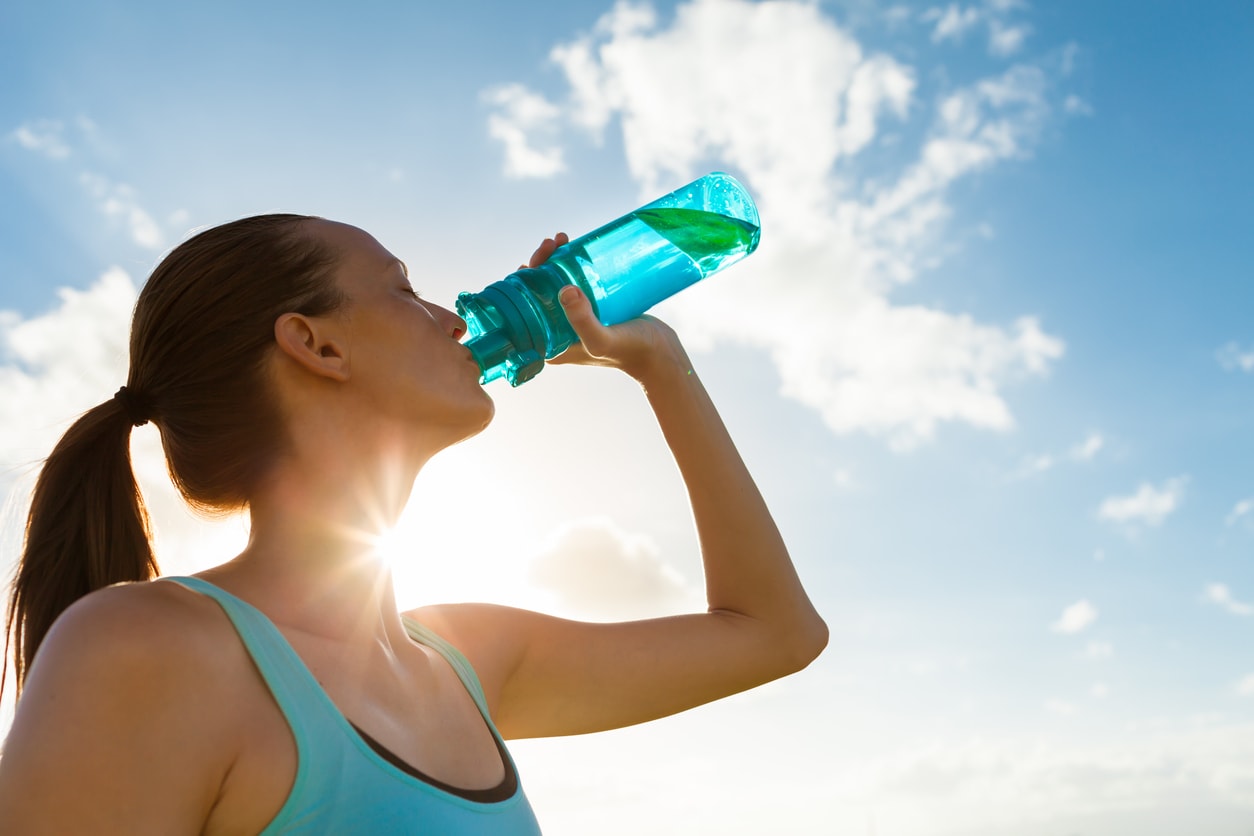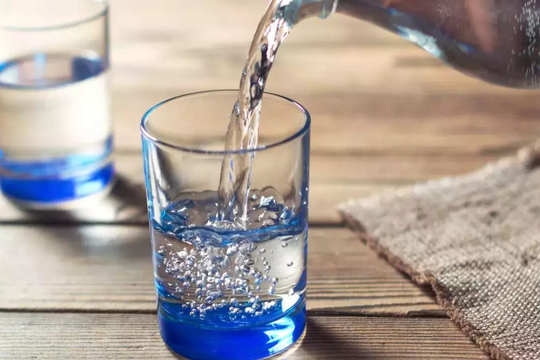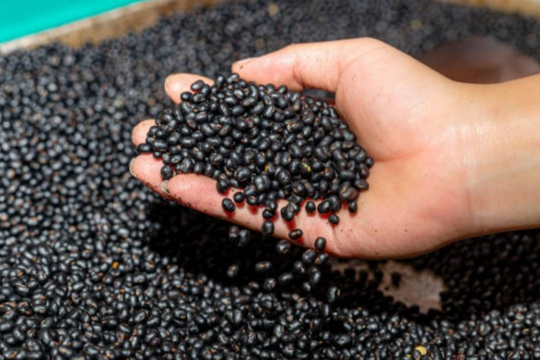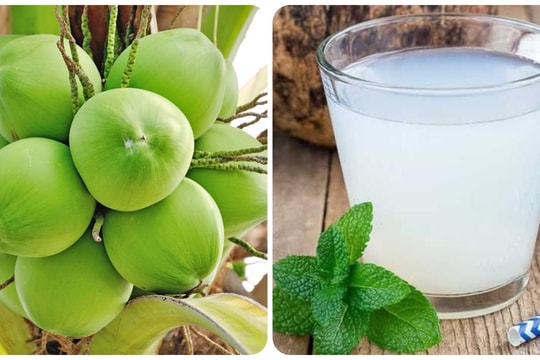'Water poisoning': A hidden danger that many people do not know about
Water is essential for life, but drinking too much can be dangerous. From electrolyte imbalances to hyponatremia, “water intoxication” is a rare danger that can arise from a seemingly harmless habit.
We often hear the advice to drink enough water every day to maintain good health. However, like anything “good for health”, water is only truly beneficial when used in moderation.

Drinking too much water, while seemingly harmless, can lead to a dangerous condition called water intoxication, which can cause serious disorders in the body and even be life-threatening if not treated promptly.
What is water intoxication?
Water intoxication is a rare but dangerous condition that occurs when a person drinks so much water that the kidneys cannot process and excrete the excess through urine. Water then builds up in the body, diluting the blood and causing the sodium concentration in the blood to drop to dangerous levels, a condition known as hyponatremia.
Sodium plays an essential role in maintaining fluid balance between cells and the blood. When sodium levels drop, water begins to rush into cells to balance osmotic pressure, including in brain cells.
As a result, cells swell, causing increased intracranial pressure, affecting brain function. In severe cases, water intoxication can lead to seizures, coma, or death if not treated promptly.
While uncommon, certain situations can increase the risk of water intoxication. For example, endurance athletes such as marathon runners or triathletes sweat a lot and are encouraged to drink water constantly to avoid dehydration. However, if they only drink water without replenishing enough electrolytes (such as sodium and potassium), they can inadvertently put their bodies into a serious imbalance.
A shocking example in the UK is the case of Leah Betts, a teenager who died of water intoxication after taking ecstasy. The drug causes the body to overheat and sweat, forcing users to drink large amounts of water to compensate.
Symptoms of water intoxication
Water intoxication can cause a range of symptoms, from mild to severe, stemming from electrolyte imbalances, particularly hyponatremia. Early signs are often vague and include headaches, dizziness, fatigue, nausea, vomiting, and bloating. However, if not recognized and treated promptly, the condition can progress rapidly.
Some people may begin to experience neurological symptoms such as confusion, disorientation, or altered state of consciousness. Water intoxication can also cause swelling of the limbs, along with muscle effects such as weakness, pain, or cramps, as a result of severe neuromuscular disruption caused by sodium deficiency.
In severe cases, or if left untreated, water intoxication can lead to seizures, coma, and even death. Although the condition is relatively rare, serious complications have been reported.

A prominent example is the incident that happened to famous American actress Brooke Shields in 2023. She suffered a severe seizure after consuming a large amount of water in a short period of time.
Doctors determined the cause was hyponatremia, caused by drinking too much water, which shows that even healthy people are not immune to this risk if not careful.
How is water intoxication treated?
When signs of water intoxication are detected, the first and most important thing is to immediately stop drinking additional water, at least until instructed by a medical professional.
During treatment, doctors will assess the root cause of the condition, such as whether the patient has underlying medical conditions, is taking diuretics, antidepressants, or other factors that may increase the risk of water intoxication. Identifying the cause will not only help treat it more effectively, but also limit the risk of recurrence in the future.
In most cases, patients with hyponatremia due to drinking too much water will receive an intravenous infusion of hypertonic saline, a solution with a higher than normal concentration of sodium. The goal is to quickly restore sodium levels in the blood, thereby reducing cell swelling and pressure in the brain.
Depending on the severity, symptoms may improve within a few hours, especially with prompt intervention. However, in more severe cases or if water intoxication persists, recovery may take several days and close monitoring in a medical facility is required.
Proper treatment not only helps the patient overcome the critical condition, but also plays an important role in preventing permanent nerve damage, a rare but possible complication if hyponatremia is not properly controlled.
Can water intoxication be prevented?
Water intoxication is entirely preventable, but there is no one-size-fits-all formula. Following common advice such as “drink eight glasses of water a day” may be helpful for some people, but not for others, as water needs depend on many individual factors.
Physical activity levels, weather, humidity, diet, and health conditions such as kidney or heart disease or the use of certain medications can all affect how much water your body needs.
That also means there is no specific limit that is considered “dangerous” for everyone; water intoxication is usually the result of drinking too much water in too short a time, exceeding the kidneys' ability to process it.
The best advice for healthy people is to listen to your body's signals. Drink when you feel thirsty and stop when your thirst is quenched. If you feel nauseous, bloated, have a headache or feel dizzy after drinking water, it may be a sign that you are drinking too much.
A simple tip to monitor your hydration status is to observe the color of your urine, as pale yellow usually indicates you are well hydrated, while almost colorless urine can be a sign that you are drinking too much.
In short, drinking water properly is not just about “drinking enough”, but also “drinking reasonably”, based on the actual needs of the body instead of following fixed numbers. Understanding your personal limits and listening to your body is the key to keeping hydration a good habit, not accidentally becoming a health hazard.

.jpg)



